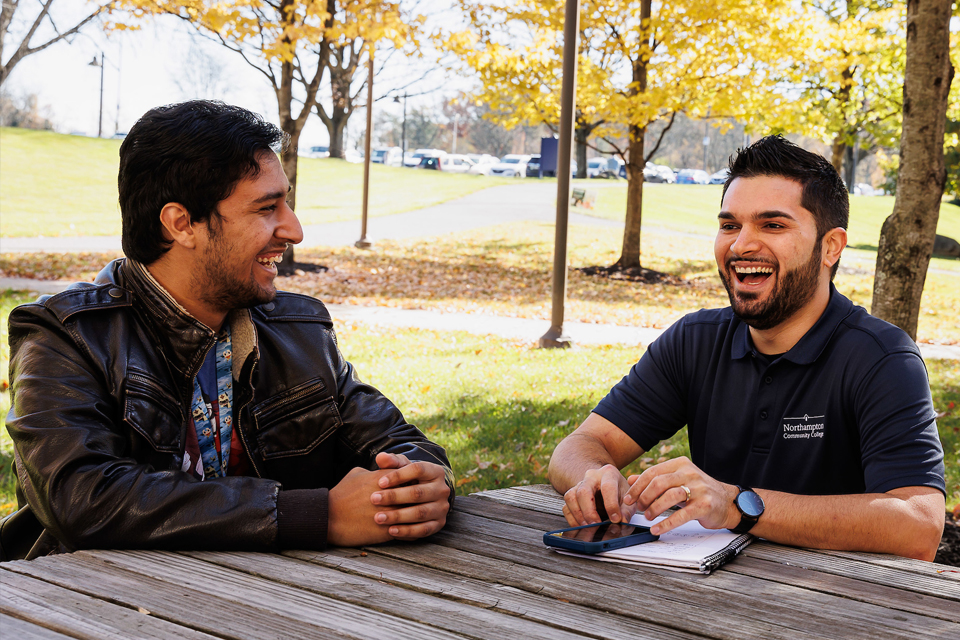Supportive Counseling for Student Wellbeing
Our counseling services are offered to currently enrolled students and are designed to promote the mental and overall wellbeing of students through short term, solution focused supportive counseling. Appointments available on campus at Bethlehem and Pocono and via video conference. No problem or issue is too small!
We provide a safe, inclusive, and confidential space where students can talk with counselors about a range of concerns, including:
- adjustment to college life
- academic challenges
- stress or anxiety
- personal development
- substance use
- motivation
- and much more.
Supportive counseling focuses on short-term, goal-oriented and solution focused conversations that empower students to explore their strengths, develop coping strategies, and access appropriate resources on and off campus.
Students in need of longer-term support or mental health services will be referred to community resources (more than a few meetings). If a student is experiencing academic difficulties, a counselor can offer support by providing referrals to relevant campus resources, such as tutoring, academic coaching, academic workshops, or specialized support services designed to help students overcome challenges and succeed academically.
Location & Hours
Bethlehem Campus
College Center 341
Monday - Thursday: 8 am - 6 pm
Friday: 8 am - 5 pm
Pocono Campus
monroecounseling@northampton.edu
Monday - Friday: 9 am - 5 pm
If you have an immediate need to talk to a counselor during any of the times listed above, call 570.369.1911.
Please note:
Students/Faculty/Staff: We do not offer after-hours crisis response. After hours, for situations that are not urgent, please leave a voicemail and we’ll return your call the next business day.
Faculty and Staff: Contact Public Safety at (610.861.5588) if you are concerned about a student after-hours
PA CARES
NCC received the PA CARES designation for 2025-26 based on our college's commitment to preventing suicide and promoting mental health resources to students, faculty, and staff. The Pennsylvania Department of Education (PDE) recognizes institutions for their work to ensure students have access to support and resources to stay safe, healthy, and well. Read more about NCC's PA CARES designation.
Students: In the case of an urgent situation in which your safety or the safety of others is at risk, call 911. You may also call Northampton County Crisis at 610.252.9060, Carbon, Monroe, Pike County Crisis at 570.992.0879, the Suicide Prevention LifeLine at 988 or 1.800.273.8255, or text PA to 988 or 741741.
Suicide Prevention Plan (PDF)






